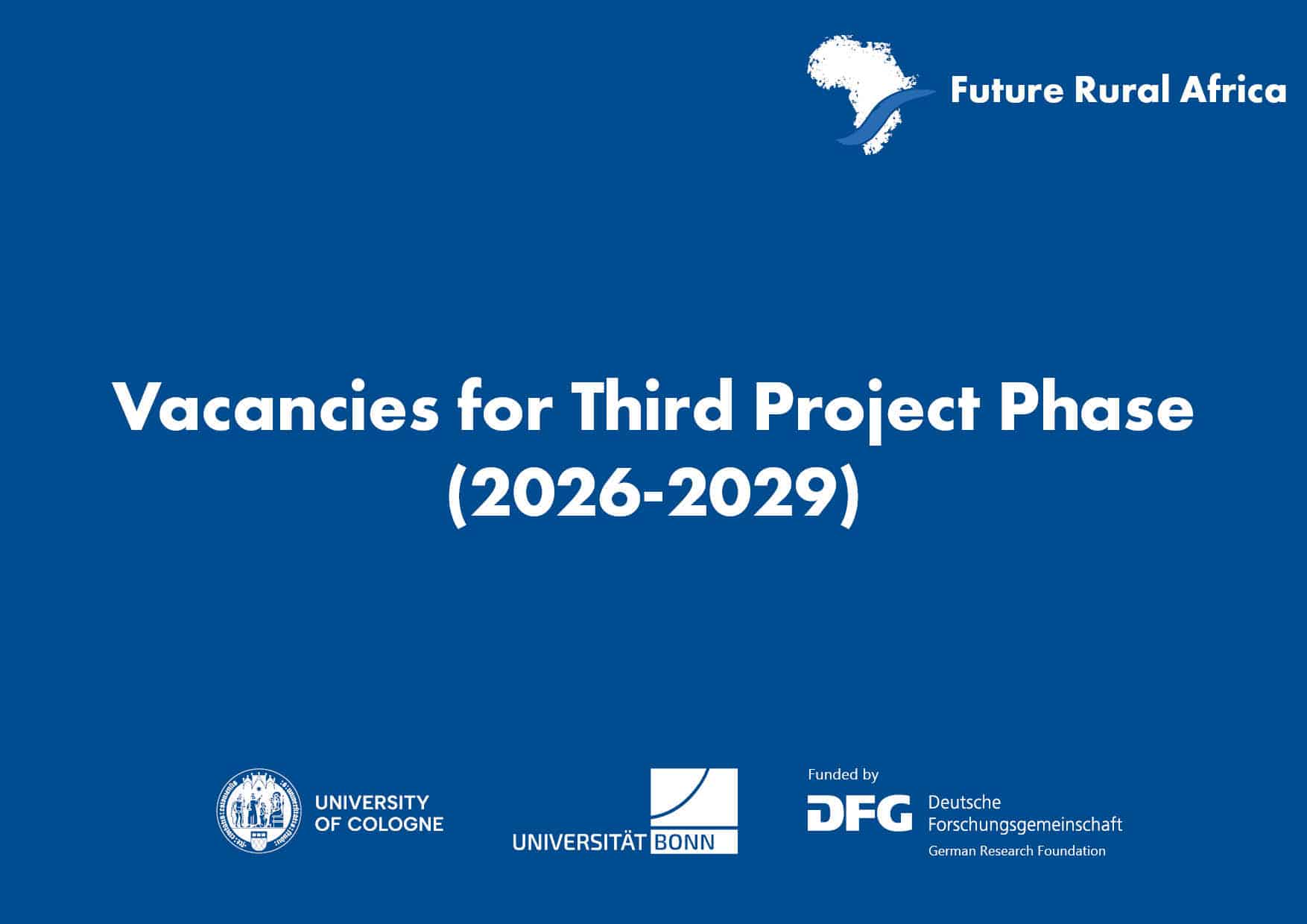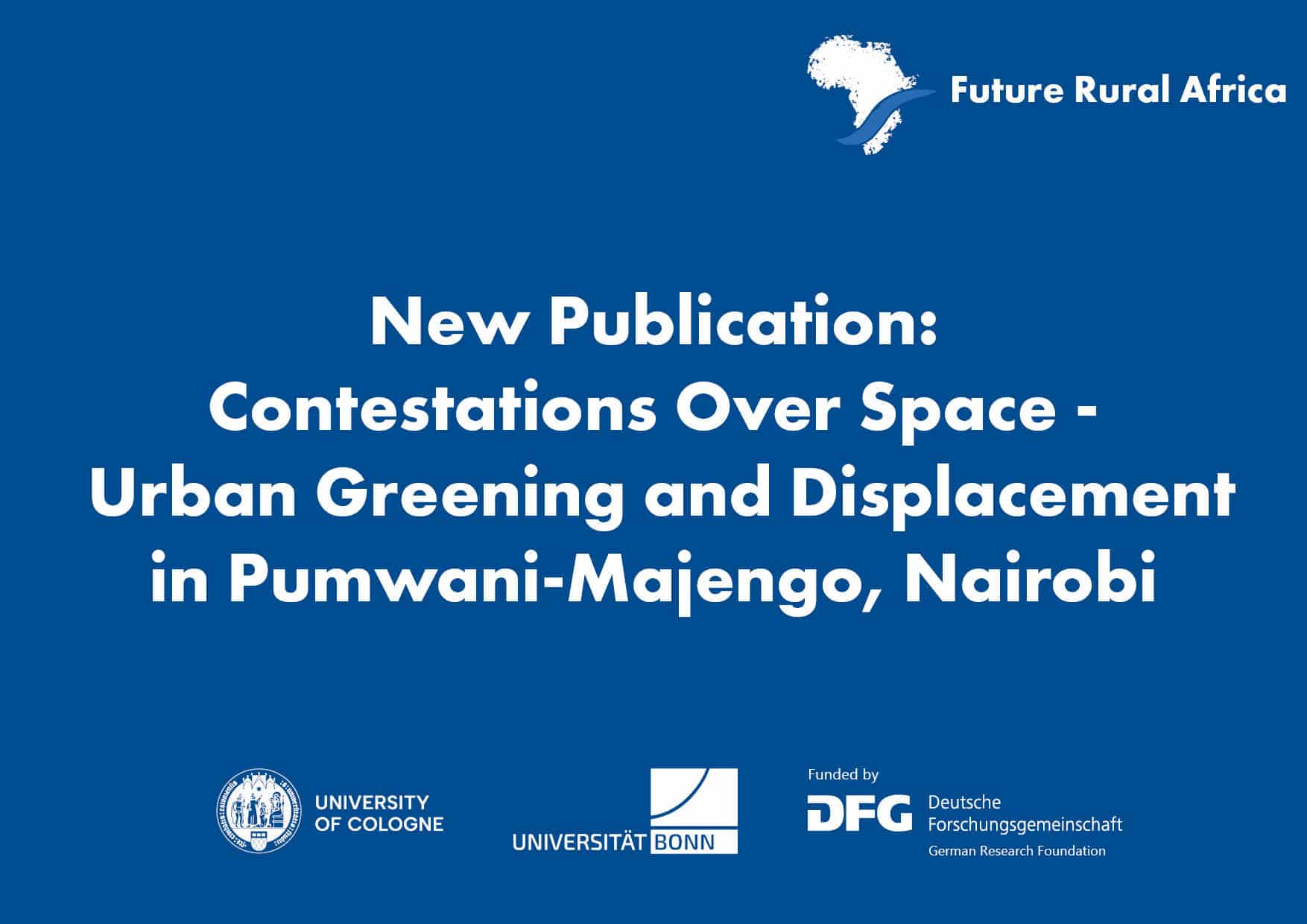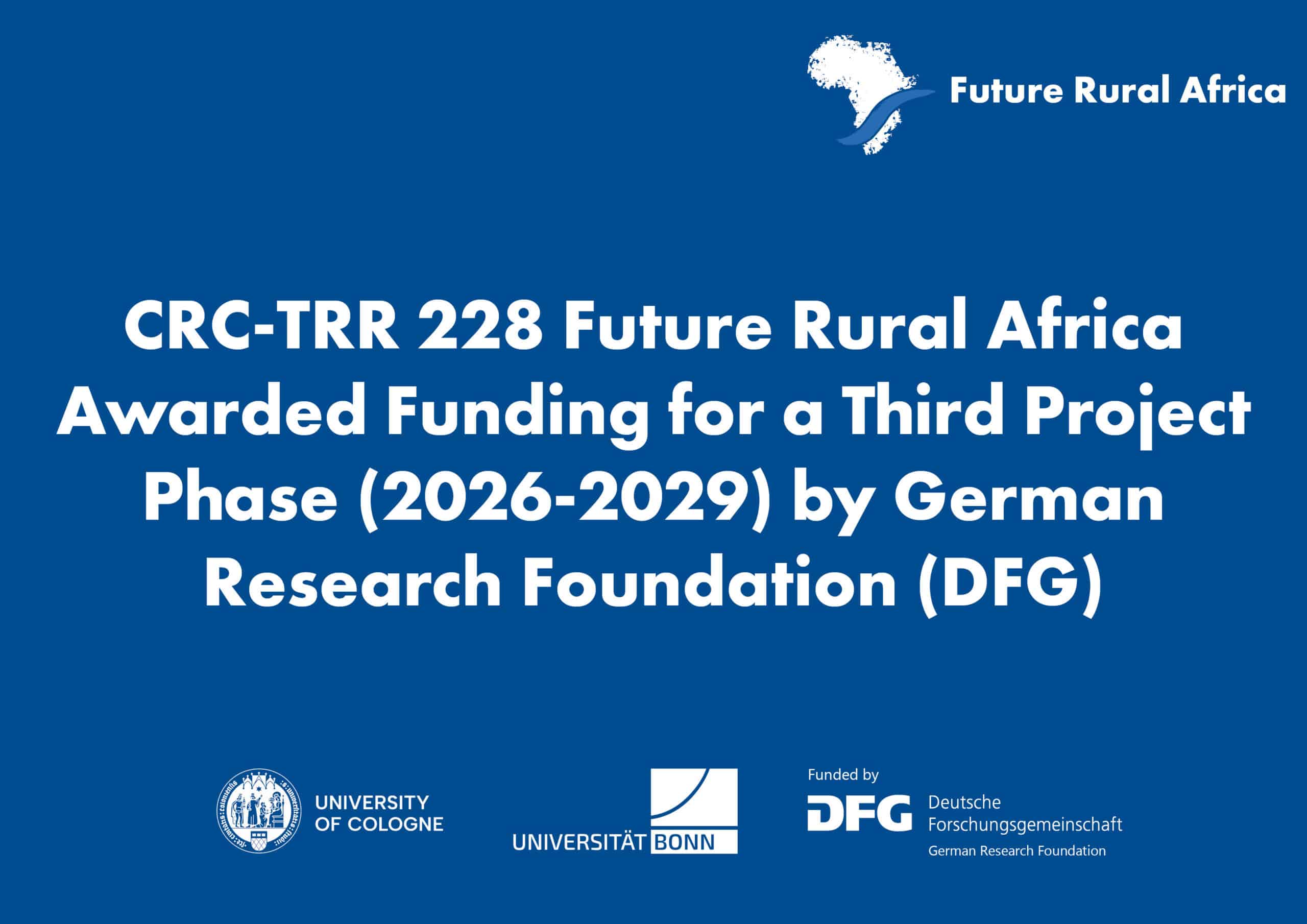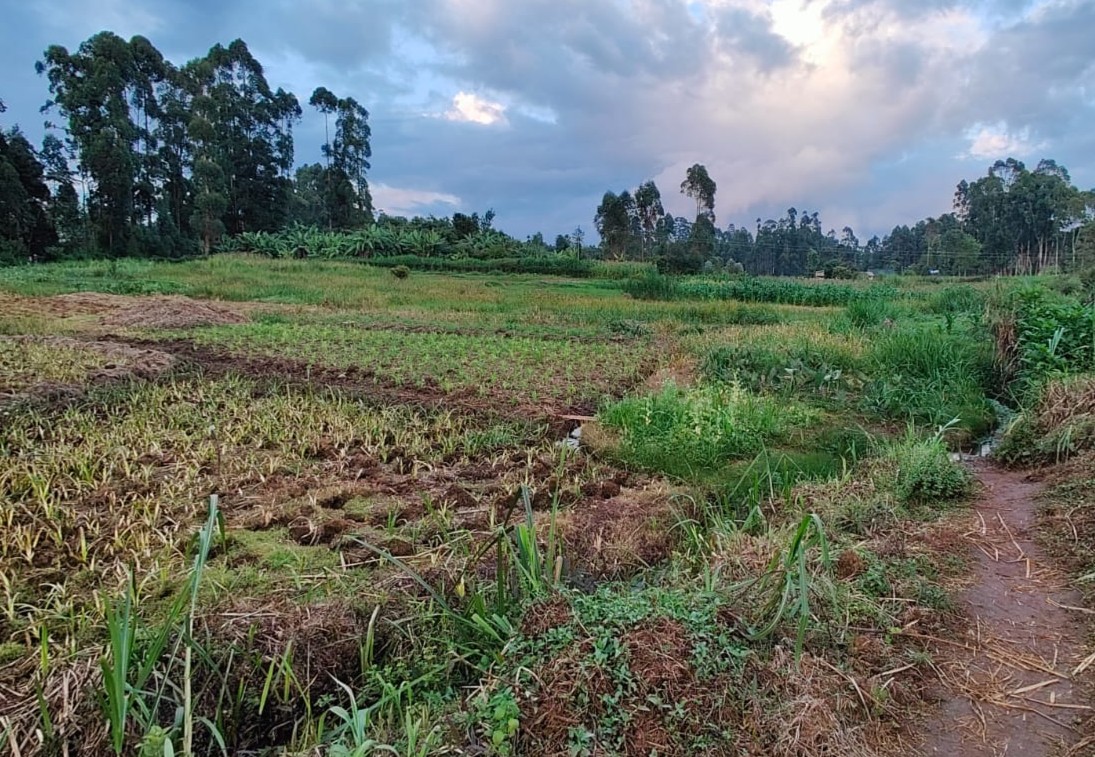The worldwide devastating effects of the COVID-19 did not only burden healthcare institutions but also strained economic, political, and social structures. Although the virus has its origin in China, the outbreak in Europe shook the world with most countries preparing and bracing for the worst. Europe’s battle with the pandemic opened the debate to how vulnerable countries with weaker healthcare systems would control and manage the surge, more so in Africa. Despite the dispelled gloom and doom, the pandemic’s effect on the continent remains rather moderate, with at least 1.46 million COVID-19 reported cases and 36,000 related deaths by October 2020. Nonetheless, the collateral damages of the lockdown have taken center stage as most countries in the continent are struggling to keep abreast of rising inflation cases, poverty, hunger, and healthcare system tension as exacerbated by pre-existing pressures of diseases such as HIV/AIDS, Malaria and Tuberculosis.
What can we observe from the continent’s battle with the pandemic, its relations with Europe, and the critical debate over a sustainable future? CRC’s spokesperson Prof. Detlef Müller-Mahn shares his perspectives in the German-based newspaper, Berliner Zeitung.
Low infection rate
Generally, the number of infections in the whole continent has been relatively low as compared to other regions. A closer assessment of the cases, speaks largely to the younger age group of the African population, deemed to record less severe symptoms of the Virus. In addition, strict lockdown measures have also been significant in minimizing the rate of new infections. Despite these success factors, there is a worrying concern over the number of tests conducted, observed to be fewer, and hence accounting for fewer reported cases. Inadequate testing kits and facilities could also contribute to a marginal account of the official number of cases and deaths recorded. Prof. Müller-Mahn warns against the generalization of the trends currently characterizing the infections rate within the continent, stating that terms such as ‘across Africa’ do not reflect the highly heterogeneous situation on the continent.
Disruption of rural and urban social relationships
The CRC has been actively researching the shocks and effects of Covid-19 in the rural areas of Tanzania, Kenya, Namibia, and Zambia, and in doing so, studying the changing dynamics of household economies and relationships. ‘We have observed a massive disruption of urban and rural relationships as a result of the lockdowns’, remarked Prof. Müller-Mahn.
Interdependencies and vulnerabilities
The economic implications of the lockdowns have been quite grim, notably, the tourism and horticultural sectors, which contribute significantly to most African countries’ GDP. Moreover, the supply of food from rural areas to the cities is interrupted, causing market prices to soar. Export of food products and horticultural products that are crucial commodities in the global value chain was disrupted, further depleting the remittances earned. Could these vulnerabilities have been foreseen and cushioned? ‘Corona is a kind of crisis intensifier. Structural problems that already exist in Africa anyway, become more visible and massively intensified,’ said Prof. Müller-Mahn. An important aspect of this debate also includes Africa’s relationship with Europe. Europe has to ask itself to what extent it has created dependencies over the last years and decades, which are now proving to be extremely delicate. In addition, the repetitive narration of Africa as a continent of catastrophes ultimately reinforces the old dependencies and vulnerabilities,’ remarked the Professor.
Invasive species and future pandemics
Within the CRC, the Future Infections sub-project researches the interconnected linkage of land-use changes and the emergence of Arboviruses. Changing land-use, loss of biodiversity, and accelerated human movement as part of globalization are believed to be important drivers of the rapid spread of emerging infectious diseases. This is particularly the case for zoonotic diseases, which currently constitute over 70% of global human diseases. As the line of distinction (boundaries) separating different natural habitats is continuously being altered, there is growing uncertainty surrounding the emergence and re-emergence of zoonotic diseases.
The full article in the German language can be accessed here.






